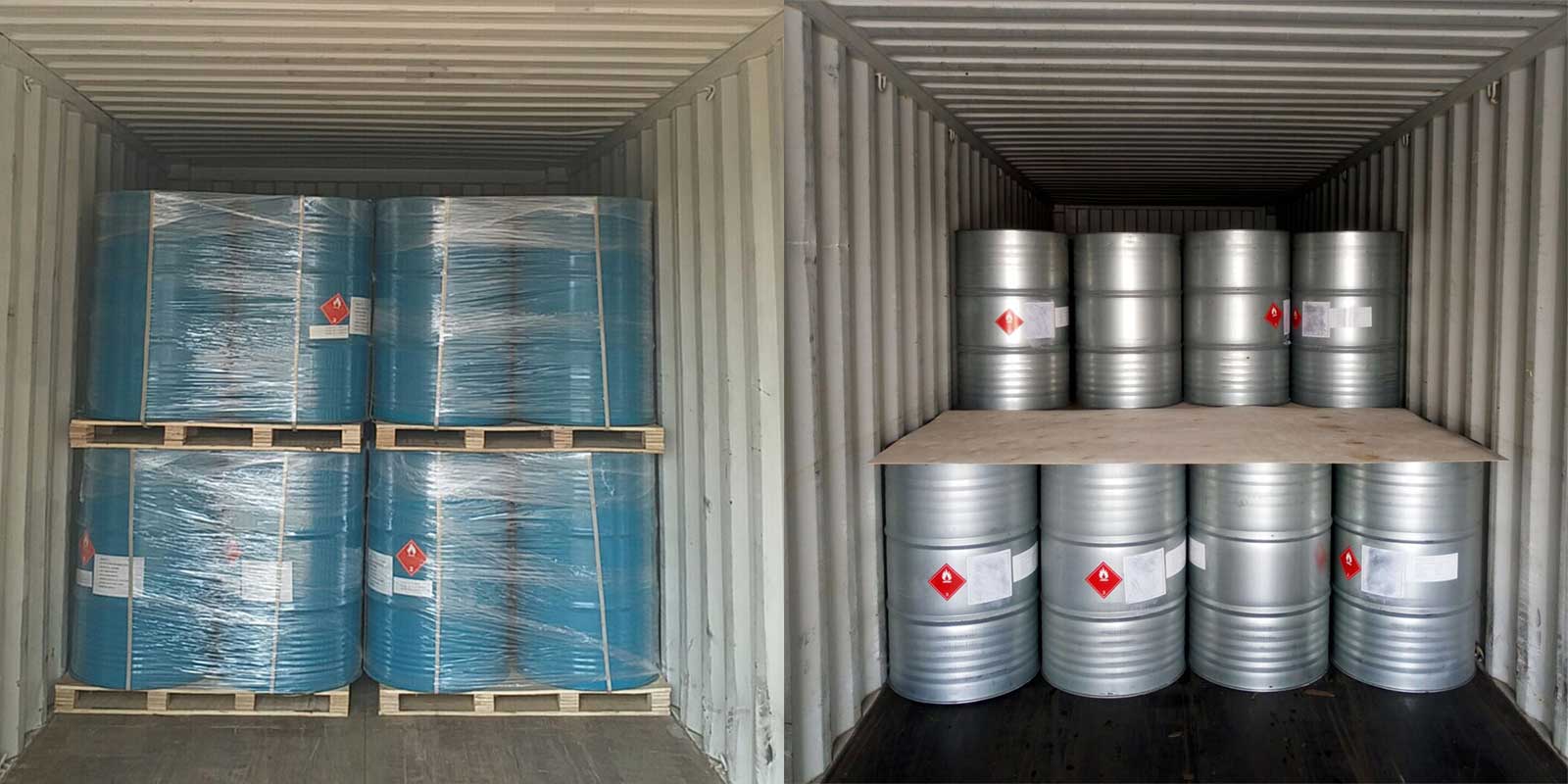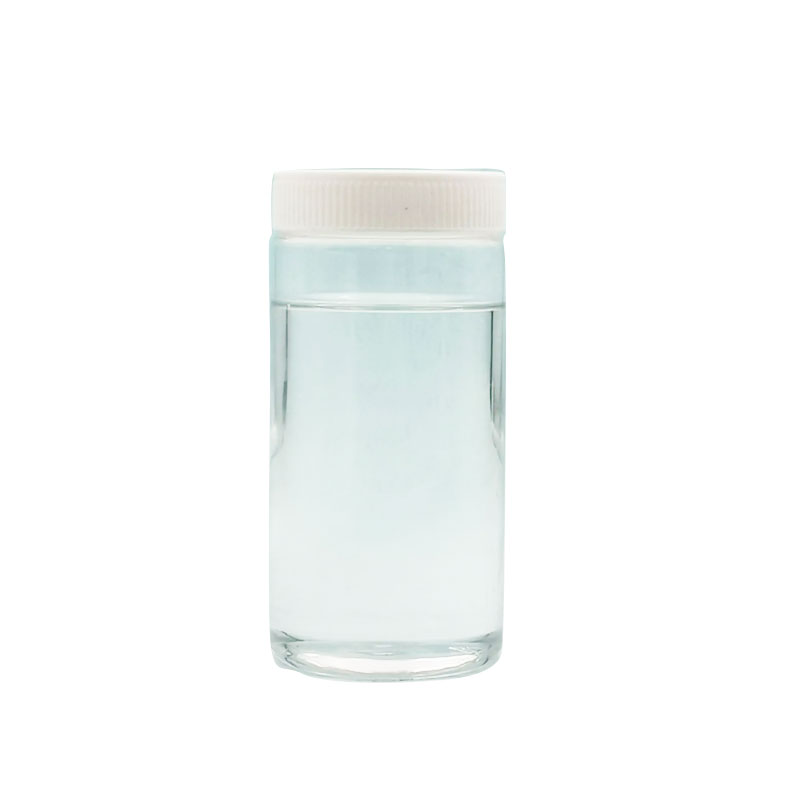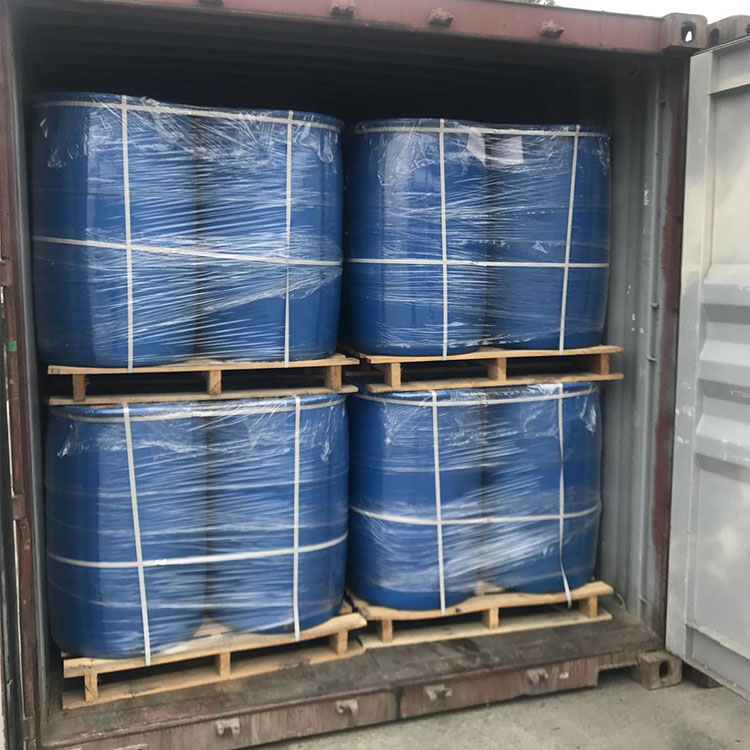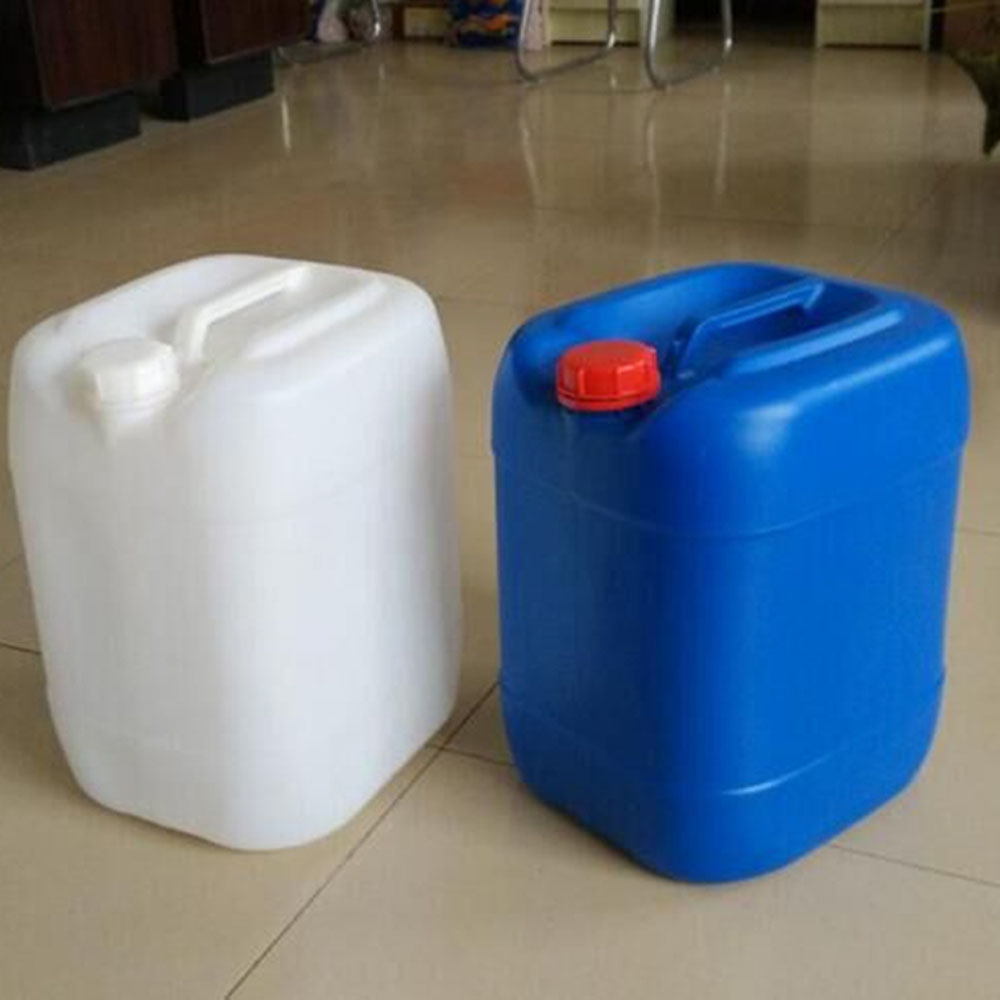Ethylene glycol CAS#107-21-1
Ethylene glycol CAS#107-21-1 Promotion Season Now in Store and Free Sample for Testing with Factory Price
Chemical Name:Ethylene glycol
CAS No.: 107-21-1
Molecular Formula:C2H6O2
Molecular weight:62.07
Sample: Available
Mode of Transportation
1. By Air, fast but expensive.
2. By Sea, usual and economy.
3. By Train, suit for middle Asia countries.
4. By Express, suit for small package.
We only provide highest quality goods available, accompanied by after support!
Ethylene glycol CAS#107-21-1
It is colorless obvious viscous liquid with candy style and moisture absorption capability. It is additionally miscible with water, low-grade aliphatic alcohols, glycerol, acetic acid, acetone, ketones, aldehydes, pyridine and comparable coal tar bases. It is barely soluble in ether however nearly insoluble in benzene and its homologues, chlorinated hydrocarbons, petroleum ether and oils.
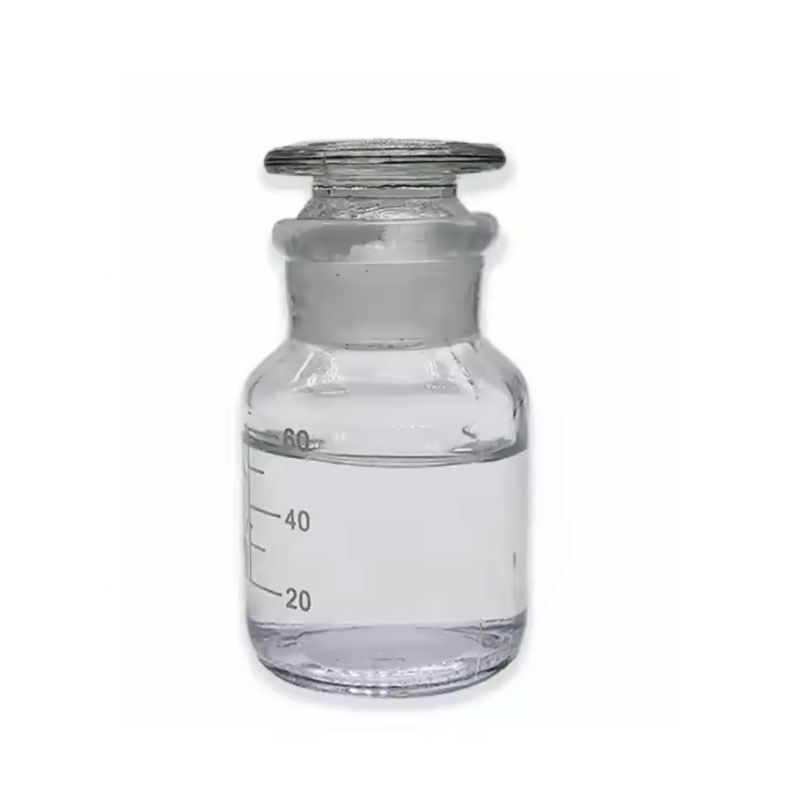
Ethylene glycol Chemical Properties |
Melting point | -13 °C (lit.) |
Boiling point | 195-198 °C |
density | 1.113 g/mL at 25 °C (lit.) |
vapor density | 2.1 (vs air) |
vapor pressure | 0.08 mm Hg ( 20 °C) |
refractive index | n |
Fp | 230 °F |
storage temp. | 2-8°C |
solubility | water: miscible |
form | Viscous Liquid |
pka | 14.22(at 25℃) |
color | blue |
Relative polarity | 0.79 |
PH | 6-7.5 (100g/l, H2O, 20℃) |
Odor | Odorless |
explosive limit | 3.2%(V) |
Water Solubility | miscible |
FreezingPoint | -11.5℃ |
Sensitive | Hygroscopic |
λmax | λ: 260 nm Amax: ≤0.03 |
Merck | 14,3798 |
BRN | 505945 |
Exposure limits | Ceiling limit in air for vapor and mist 50 ppm (~125 mg/m3) (ACGIH); TWA 10 mg/m3 (particulates) (MSHA). |
Dielectric constant | 37.0(20℃) |
LogP | -1.36 at 25℃ |
CAS DataBase Reference | 107-21-1(CAS DataBase Reference) |
NIST Chemistry Reference | 1,2-Ethanediol(107-21-1) |
EPA Substance Registry System | Ethylene glycol (107-21-1) |
Safety Information |
Hazard Codes | Xn |
Risk Statements | 22-36-41 |
Safety Statements | 26-39-36/37/39 |
WGK Germany | 3 |
RTECS | KW2975000 |
Autoignition Temperature | 752 °F |
TSCA | Yes |
HS Code | 29053100 |
Hazardous Substances Data | 107-21-1(Hazardous Substances Data) |
Toxicity | LD50 in rats, guinea pigs (g/kg): 8.54, 6.61 orally (Smyth); in mice (ml/kg): 13.79 orally (Bornmann) |
Product Usage
1.Glycol is in the main used as the antifreeze agent for guidance of the vehicle cooling structures and the uncooked cloth for the manufacturing of polyethylene terephthalate (the raw fabric of polyester fibers and plastics material). It can additionally be used for the manufacturing of artificial resins, solvents, lubricants, surfactants, emollients, moisturizers, explosives and so on.
2.Glycol can frequently used as choice of glycerol and can regularly be used as hydration agent and solvent in the tanning enterprise and pharmaceutical industry. Glycol has a sturdy dissolving functionality however it is without difficulty to be oxidized to poisonous metabolic oxalic acid and consequently can’t be extensively used as a solvent. The ethylene glycol can be supplemented to the hydraulic fluid and can be used for stopping the erosion of oil-based hydraulic fluid on the rubber of the system; the water-based hydraulic fluid with ethylene glycol as a most important element is an inflammable hydraumatic fluid and can be utilized to the molding desktop in aircraft, cars and high-temperature operation. 3.There are many essential derivatives of ethylene glycol. Low molecular weight polyethylene glycol (mono-uret ethylene glycol, bi-uret ethylene glycol, tri-uret ethylene glycol or respectively referred to as as diethylene glycol, triethylene glycol, tetraethylene glycol) is definitely the byproduct all through the hydration of ethylene oxide B for education of ethylene glycol.
Factory and Equipment Show
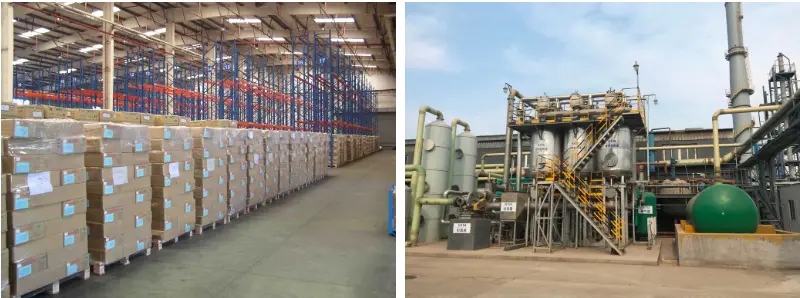

Fast transport time
Inventory 2-3 working days New manufacturing 7-10 working days
